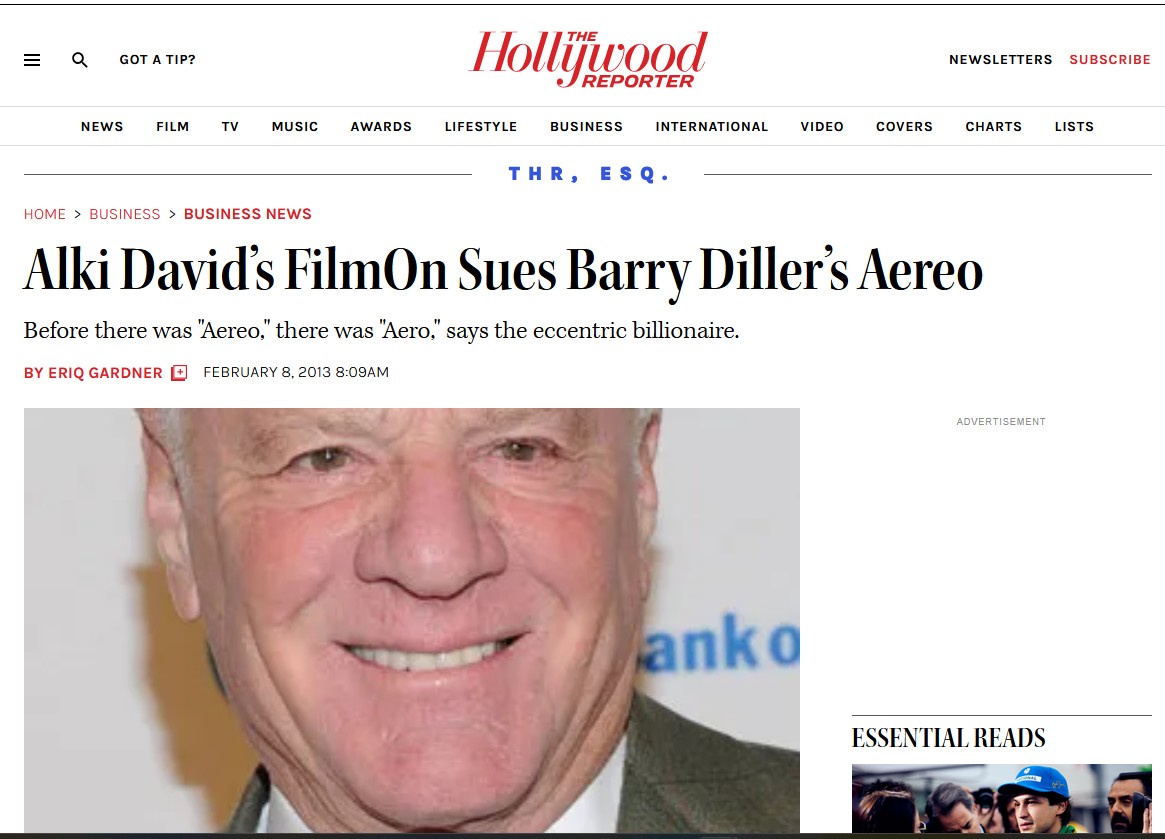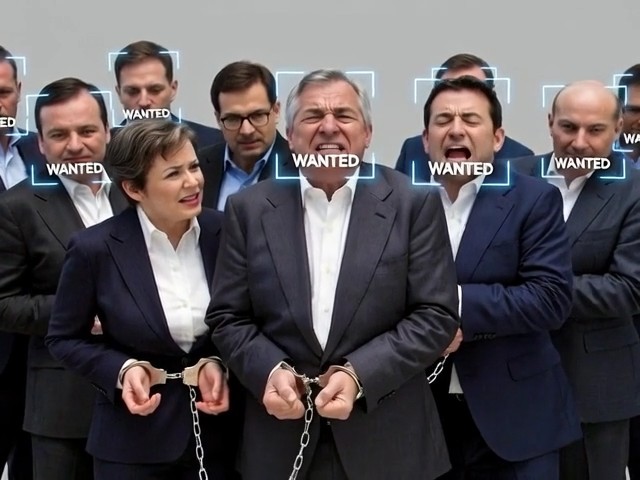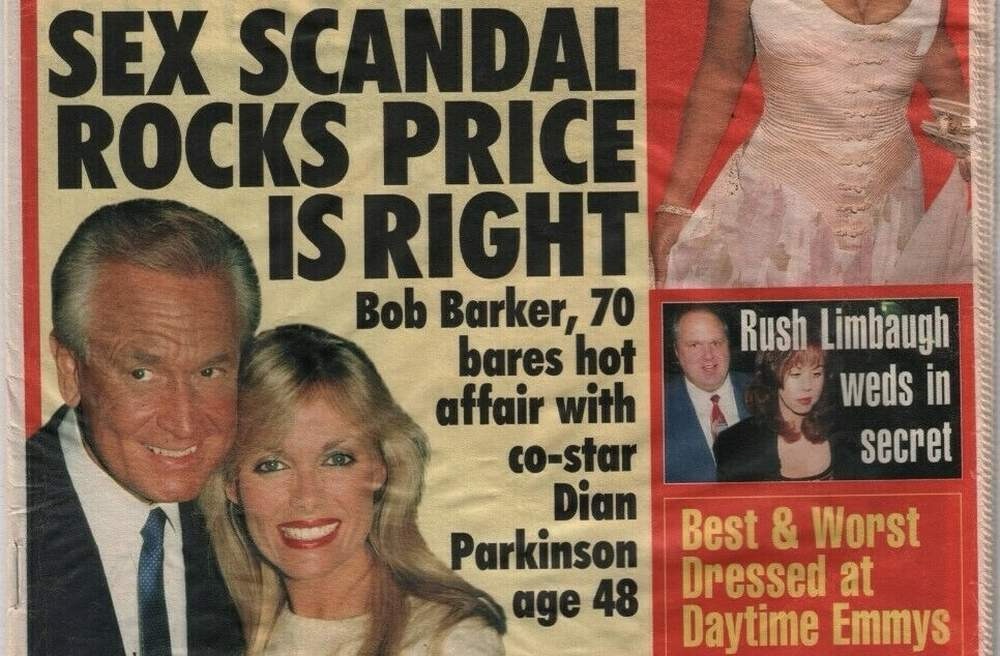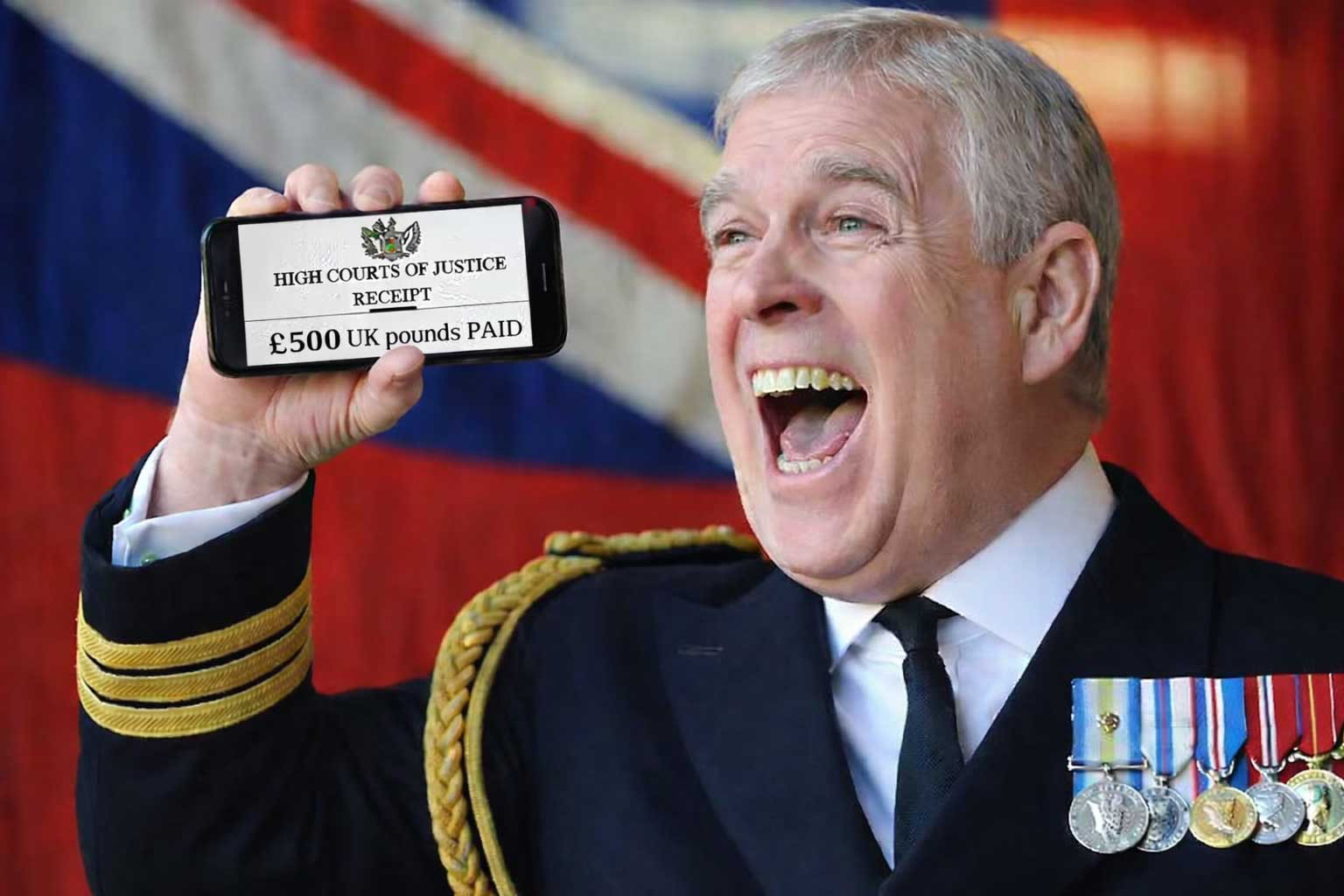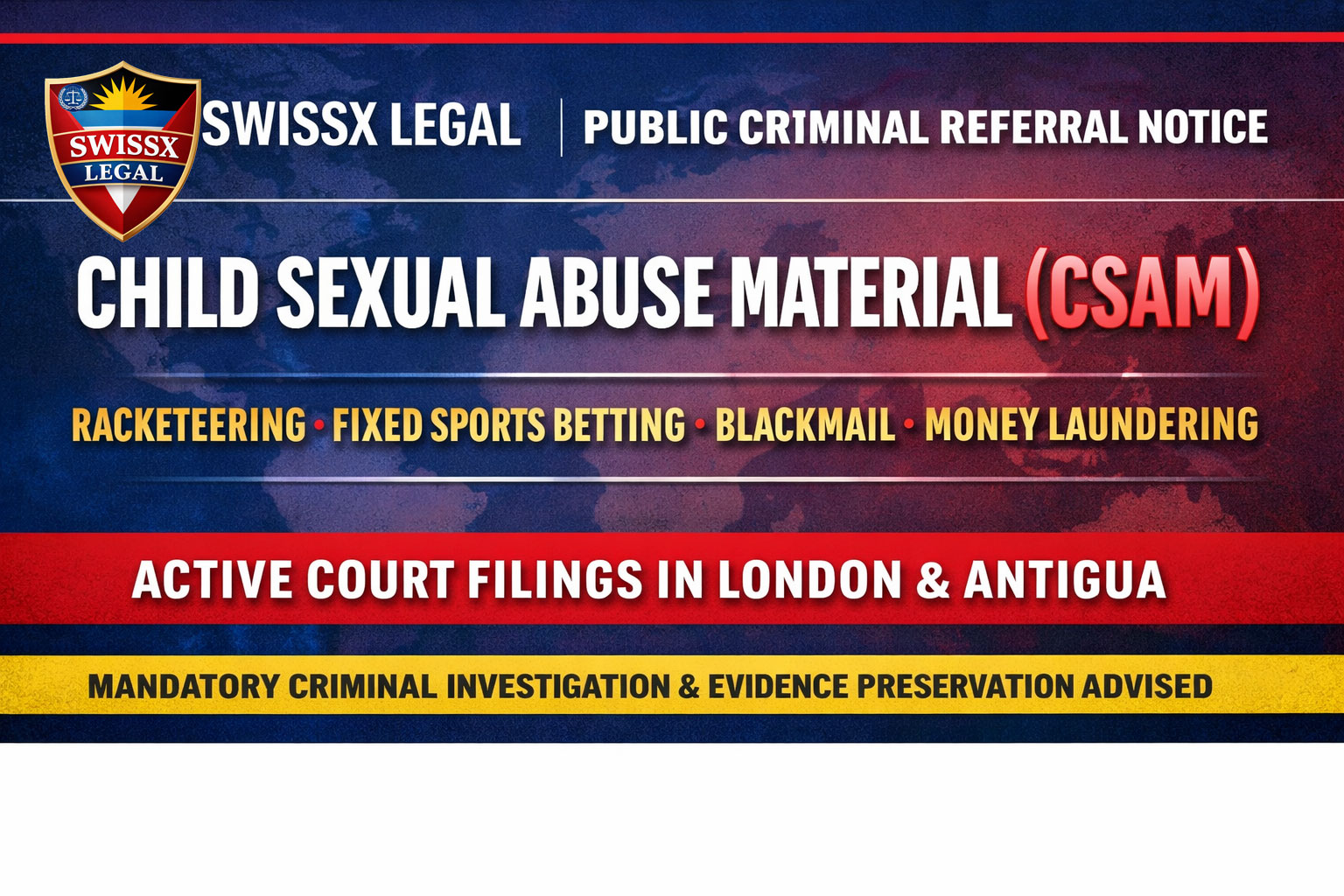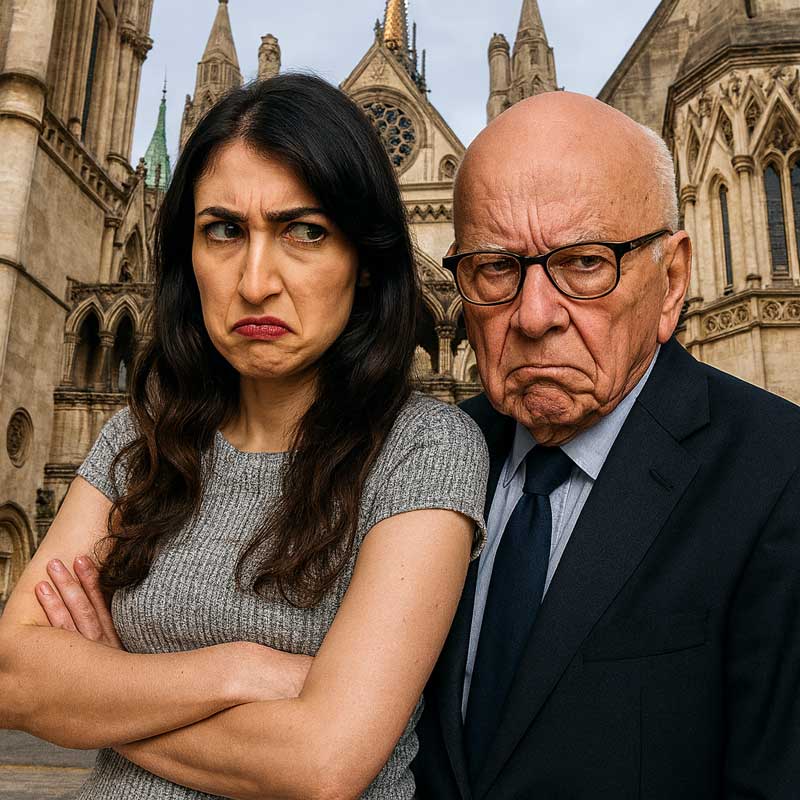Barry Diller Puts Paramount Global, Disney, Comcast NBC-Universal, Warner Bros. Discovery, and IAC Inc. In Legal Cross-Hairs
Barry Diller's recent legal actions against several high-profile media corporations including Paramount Global, Disney, Comcast NBC-Universal, Warner Bros. Discovery, and his own company, IAC Inc., have raised significant questions about media ownership and accountability. Diller’s actions mark a continued push for transparency in the entertainment industry, reigniting discussions that date back more than a decade.
Background
In 2010, a pivotal moment came with journalist Ryan Tate's article on Gawker, titled “Barry Diller’s Sexy All-Boy Thanksgiving,” which examined the interplay between celebrity culture and corporate media governance. This article not only incited conversations over transparency but also set the stage for Diller’s latest legal endeavors.
The Diller Connection
Diller’s influence extends beyond traditional Hollywood studios, bridging towards multinational digital networks under scrutiny in current legal challenges highlighted by the Eastern Caribbean Supreme Court and UK's King's Bench Division. These cases collectively signify how media ownership and governance cross international borders.
Litigation Highlights
The ongoing litigations, notably the Carrington v. Weinstein case and the conflicts surrounding FilmOn and Aereo, showcase how legacy media companies clash with emerging digital entities. Such cases illuminate vital issues surrounding whistle-blower protections and the evolving role of technology in media regulation.
Systemic Risks and Accountability
As Diller's legal pursuits unfold, they expose the systemic risks faced by digital media and advertising sectors. The shared infrastructures governing entertainment and online platforms create overlapping regulatory challenges, highlighting the need for accountability across diverse jurisdictions.
Looking Ahead
With increasing scrutiny on media governance, observers are closely watching how these legal battles unfold. The outcomes could reshape not only how media companies operate but also reformulate the expectations of transparency in governance as both Diller and the companies he targets navigate the complex terrain of modern media.

